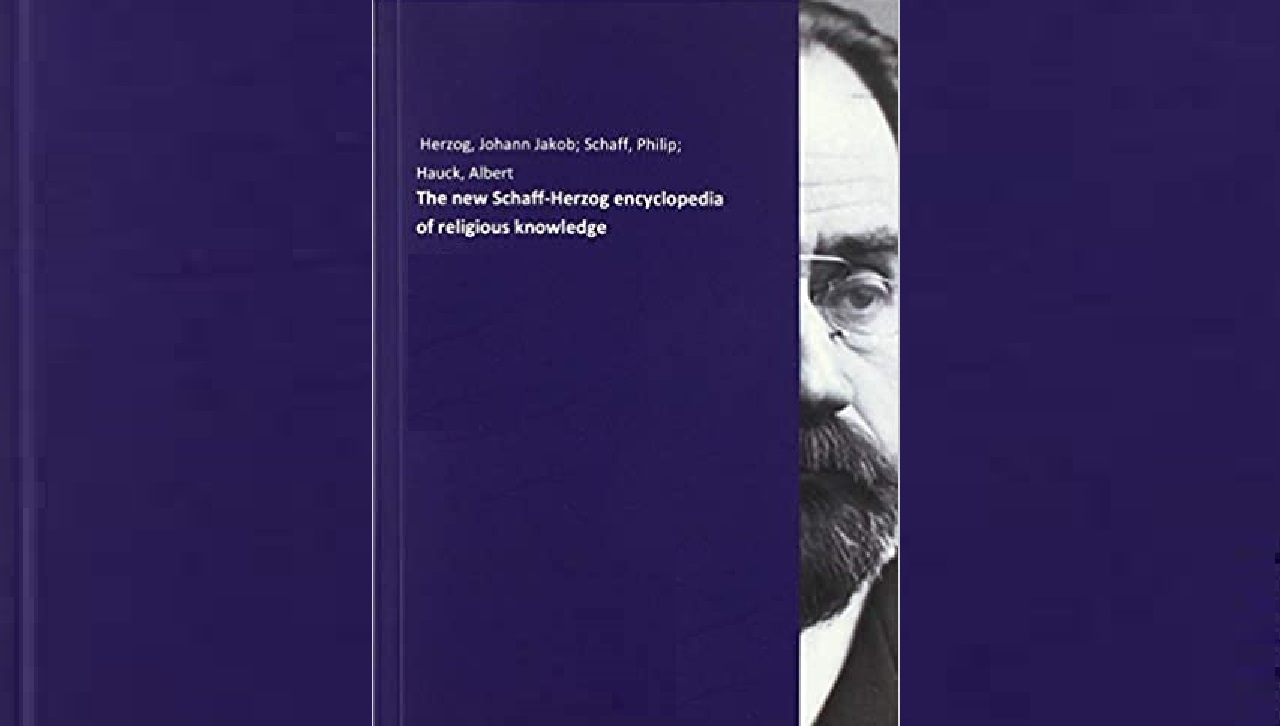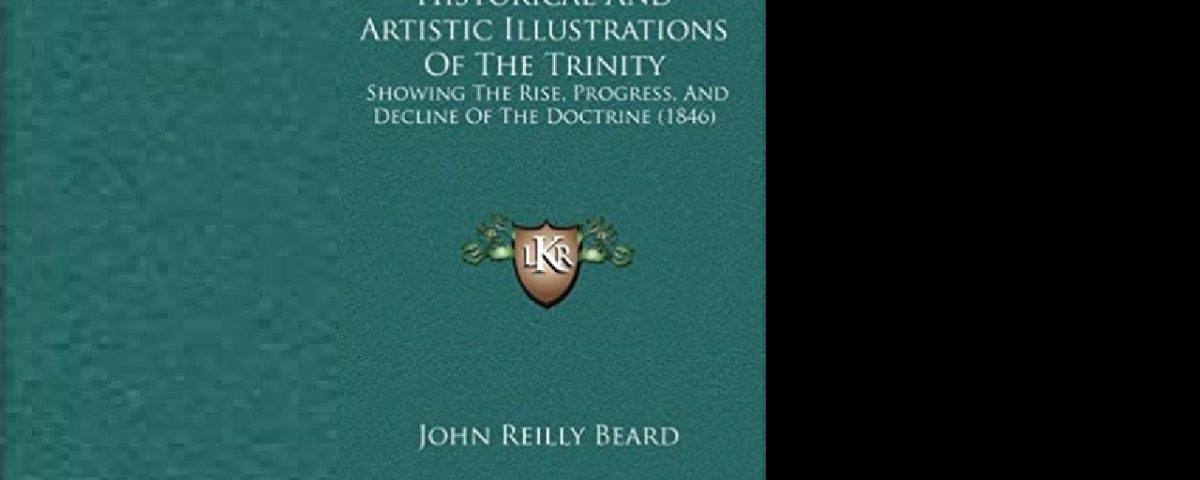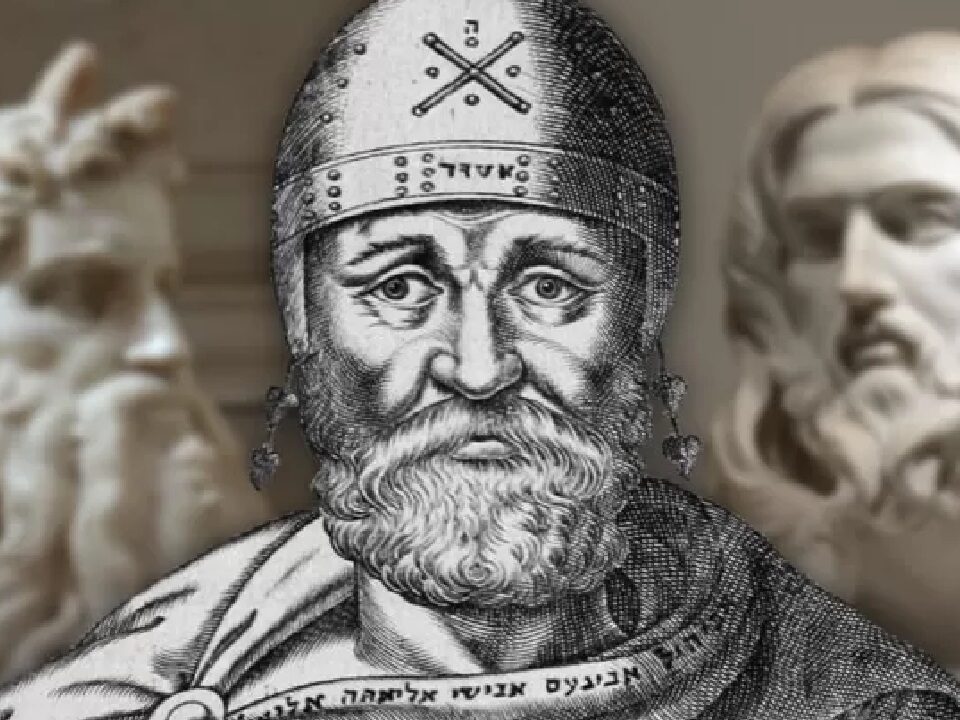
New Schaff-Herzog Encyclopedia: angel of the Lord
July 1, 2020
The mouth of God
July 24, 2020Historical and Artistic illustrations of the Trinity, John Relly Beard, 1846.

In the words In the beginning was the word, and the word was with God, and the word was God, there are two terms which trinitarianism undertakes to explain— the term God, and the term Word. The first, God, it affirms, denotes in Scripture, either the Father, the first person in the trinity, or the entire Deity. The second term signifies either the Son, or the second person in the trinity. Let us, then, substitute these equivalent terms for those which are found in the text, and we shall then learn whether the substituted equivalents explain or confound the passage.
First we take the term God as equal to Father, and the term Word as equal to Son, and then the text runs thus:
In the beginning was the Son, and the Son was with the Father, and the Son was the Father—a construction which, with a strange inversion of ideas, sets the Son in the beginning before the Father, and then identifies the Father and the Son.
Next, let the term God be taken as the first person in the trinity, and the term Word as the second person; the proposition then is this:
In the beginning was the second person in the trinity, and the second person in the trinity was with the first person in the trinity, and the second person in the trinity was the first person in the trinity.
Here you make the second person precede the first, and having done so, break the express command of Athanasius by ‘confounding the persons. Unless, then, there is no difference between the first and second in a series, this hypothesis is untenable. But the term God, we are told, sometimes stands for the entire Deity–all three persons of the trinity.
Accordingly, the words of the Evangelist have this import:
In the beginning was the second person of the trinity, and the second person of the trinity was with the first, second, and third person of the trinity; and the second person of the trinity was the first, second, and third person of the trinity.
To contradictions so palpable and gross does the Trinitarian hypothesis lead. If you take it for your guide, and attempt to find your way to distinct conceptions, you are forthwith involved in thick darkness, or contradictions the most open and obvious. Am I asked, how then it is that so many follow this blind guide-realizing the allusion of our Lord, of the blind leading the blind? It is because while men take trinitarianism for their guide, they do not also attempt to find their way to distinct conceptions, but are content with words which have no meaning, and which come recommended solely by usage and a certain misty halo which lies around them. The theory in question seems to honor Jesus by giving him a high portion in the universe, and on that account most professors are satisfied to adopt and hold it without examination, and, we may add, without any feeling which deserves the name of faith. The multitude are satisfied with words-provided, contradictory though they are, authority, custom, or fancy, have thrown around them a veil of seeming light.

